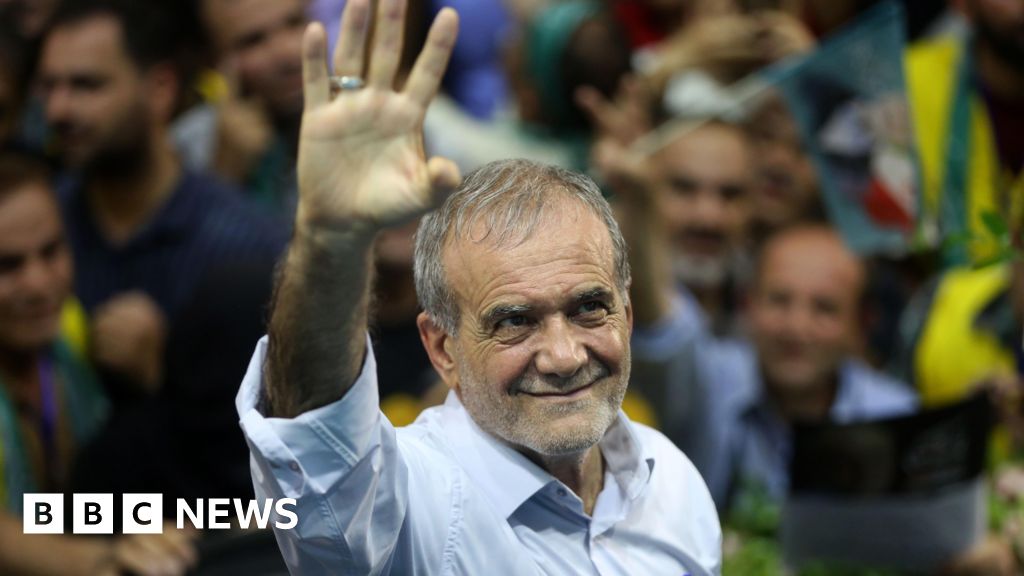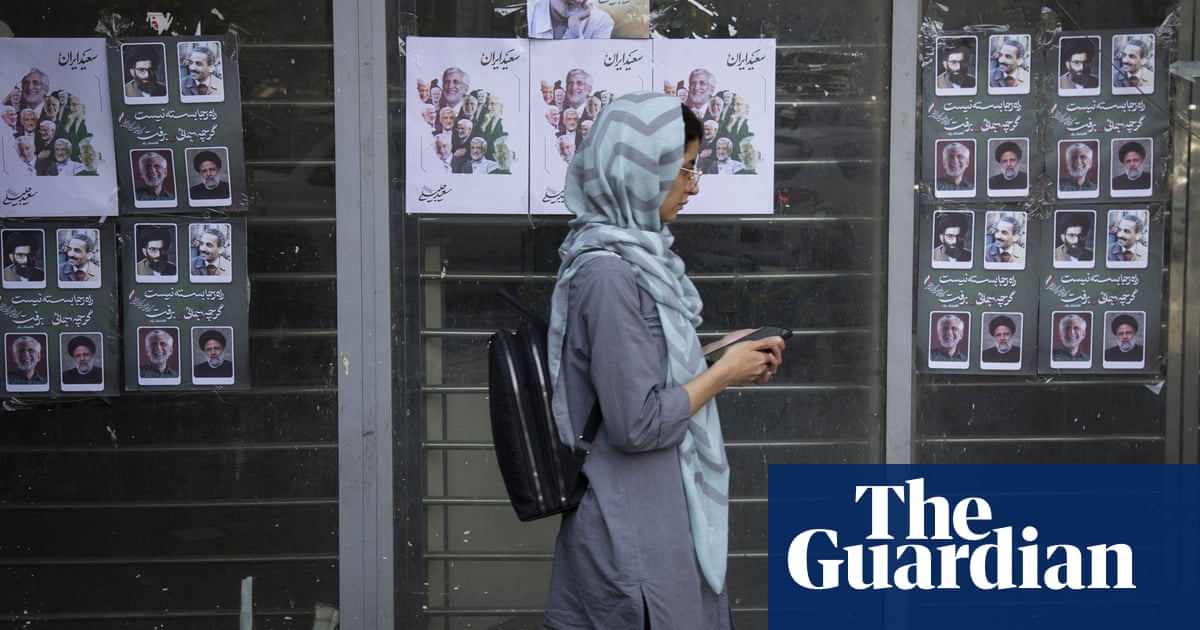
Iran Goes to the Polls: A Presidential Election Amidst Uncertainty and Controversy
On Friday, June 28, 2024, Iranians will head to the polls to elect a new president following the sudden death of incumbent Ebrahim Raisi in a helicopter crash on May 19. The election comes at a critical time for Iran as it grapples with economic challenges and political instability both domestically and internationally.
Four candidates are vying for the presidency: two conservatives, Saeed Jalili and Mohammad Baqer Qalibaf, and two reformists, Massoud Pezeshkian and Mostafa Pourmohammadi. The conservative candidates have pledged to maintain the status quo while the reformists are advocating for change.
Massoud Pezeshkian, a former heart surgeon and health minister, is one of the leading reformist candidates. He has publicly criticized Iran's morality police and their strict dress codes on women. Pezeshkian promises to try to improve relations with the West and revive nuclear talks to lift sanctions on Iran's economy.
Another reformist candidate, Mostafa Pourmohammadi, is a veteran politician who served as justice minister under former President Hassan Rouhani. He has emphasized the need for dialogue and diplomacy in resolving international disputes and improving Iran's relations with other countries.
On the conservative side, Saeed Jalili, a former nuclear negotiator, is known for his hardline stance on foreign policy issues. He has pledged to maintain Iran's nuclear program and strengthen its military capabilities. Mohammad Baqer Qalibaf, the speaker of parliament and a former mayor of Tehran, has emphasized the need for economic development and job creation.
The election is expected to be closely watched both domestically and internationally as it could have significant implications for Iran's future direction. However, some Iranians have expressed skepticism about the fairness of the election due to concerns over voter suppression and manipulation by the regime.
In recent days, two ultraconservative candidates, Alireza Zakani and Amirhossein Ghazizadeh-Hashemi, have withdrawn from the race. They urged their supporters to vote for one of the remaining candidates to ensure a united front against reformist forces.
The election results are expected to be announced on July 3, 2024. Regardless of the outcome, it is clear that Iran is at a crossroads and the choices made by its leaders will have far-reaching consequences for the country and its people.




